Quantum Unplugged: exploring the fundamentals of quantum technology with Geneva’s diplomatic community
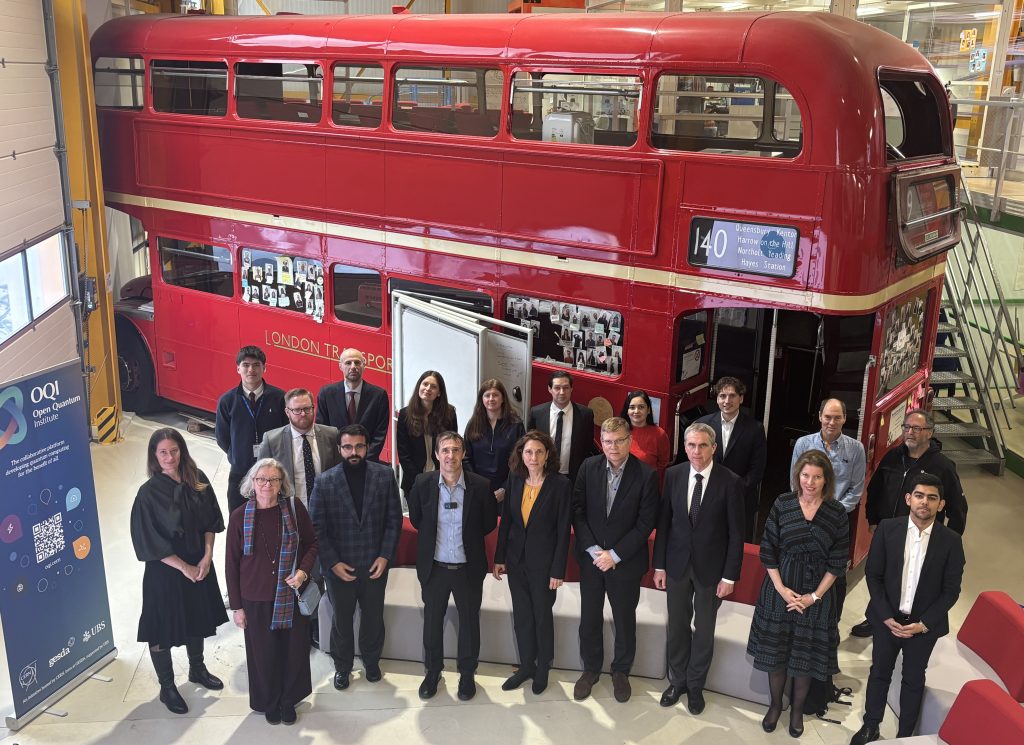
On 12th February, representatives from 20 Permanent Missions in Geneva attended the third edition of Quantum Unplugged, organised by the Open Quantum Institute in collaboration with the Delegation of the European Union to the UN and other international organisations in Geneva .
Summer school at IdeaSquare on experimentation-driven research methodologies
On 8th-12th June 2026, participate in expert-led lectures, roundtables, and a hands-on team project to expand your portfolio of innovation research skills!
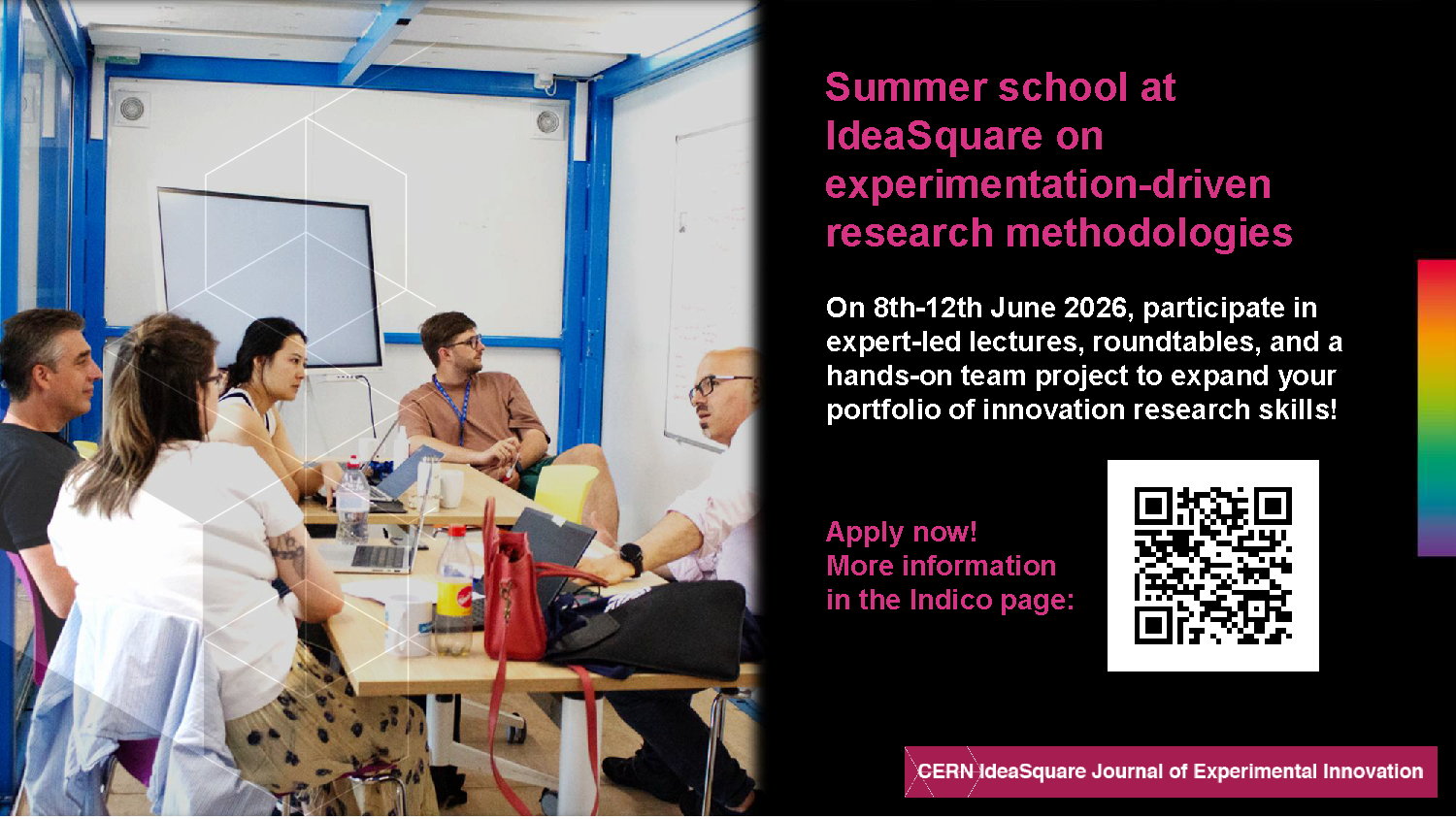 On 8th-12th June 2026, participate in expert-led lectures, roundtables, and a hands-on team project to expand your portfolio of innovation research skills!
On 8th-12th June 2026, participate in expert-led lectures, roundtables, and a hands-on team project to expand your portfolio of innovation research skills!
Innovation education for the future: a case study of CERN IdeaSquare Planet
The research team at IdeaSquare has just published a scientific paper suggesting its programmes develop essential futures skills, providing practical insights for educators interested in implementing similar methodologies for transformative innovation education
 The research team at IdeaSquare has just published a scientific paper suggesting its programmes develop essential futures skills, providing practical insights for educators interested in implementing similar methodologies for transformative innovation education
The research team at IdeaSquare has just published a scientific paper suggesting its programmes develop essential futures skills, providing practical insights for educators interested in implementing similar methodologies for transformative innovation education
New issue of the CERN IdeaSquare Journal of Experimental Innovation
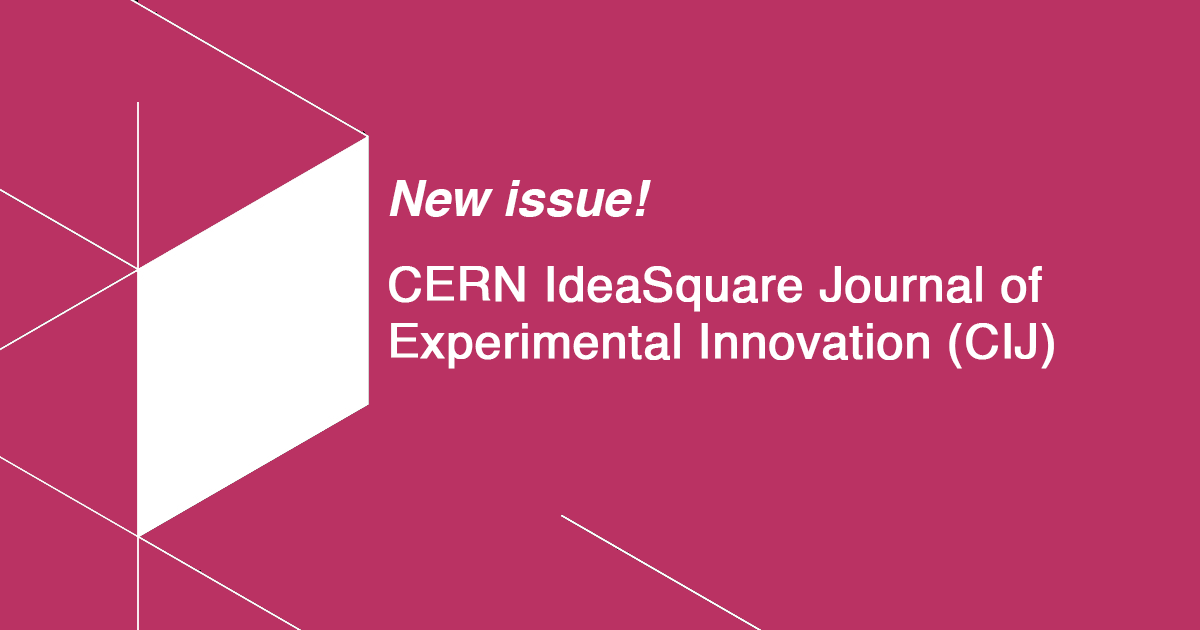
The articles in this issue suggest that the future of effective innovation does not lie in the dominance of algorithmic efficiency over human cognition, nor in rejecting automation. Instead, success depends on a "Hybrid Intelligence" model where formal innovation processes are rigorously applied to speed up execution and reduce risk, while simultaneously leveraging linguistic and contextual diversity to create the "cognitive friction" necessary for high-quality decision-making.
Quantum Unplugged: Geneva's diplomatic community engages in dialogue on quantum technology with OQI and ITU
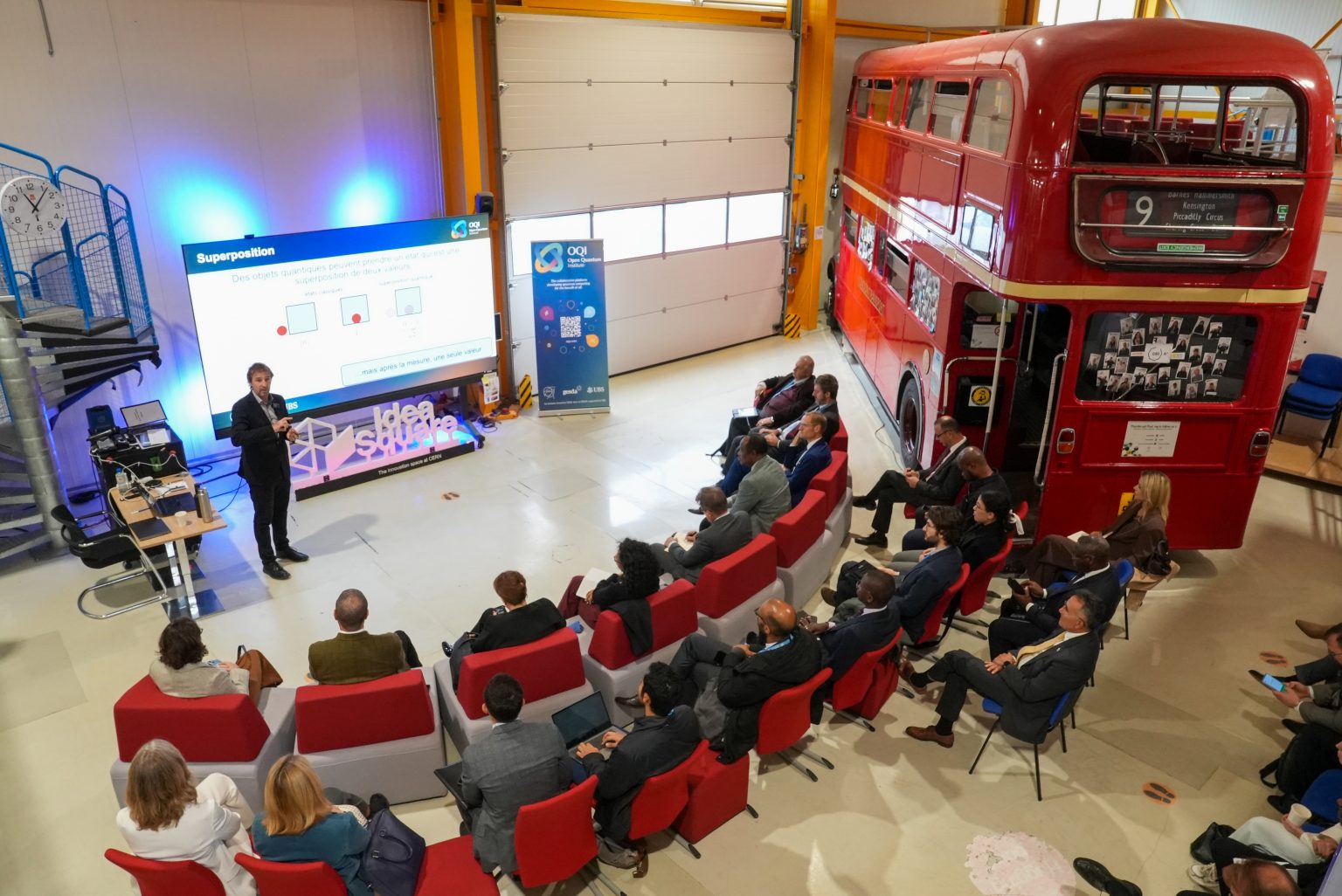
On 14th October, representatives from 40 Permanent Missions in Geneva attended the second edition of Quantum Unplugged, in collaboration with the International Telecommunication Union (ITU) and the Organisation internationale de la Francophonie (OIF), and with the support of the Permanent Mission of Belgium to the United Nations in Geneva (Wallonie-Bruxelles à Genève).
Ideas, collaboration, and lots of coding at the 2nd Next Generation Triggers hackathon

From 20 to 24 October 2025, more than 40 participants from NGT CMS, ATLAS, and other NGT work packages gathered at IdeaSquare for the second edition of the
Call for papers for a CIJ special issue on 'Co-creation'
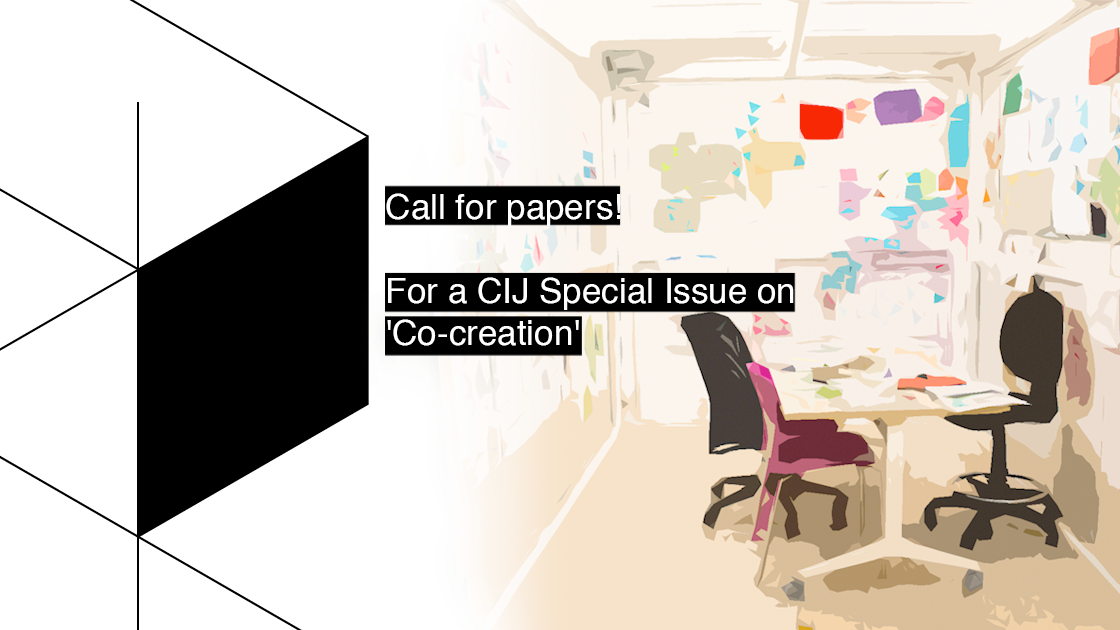
In the scientific spirit of CERN, this call for papers focuses on: innovation through co-creation. Across science, industry, culture and civil society, urgent and complex problems increasingly demand approaches that move beyond disciplinary silos, top-down management, or one-size-fits-all solutions. Co-creation offers a way of working that brings together diverse perspectives, distributes agency, and produces outcomes that are richer, more equitable and potentially more sustainable.
TECH2X at EIT Education & Skills Days 2025

At the opening of the EIT Education and Skills Days conference on 15–16 October in Brussels, one sentence set the tone: “Resilience is not built in factories.” It captured the urgent need for soft-skills training and framed two days of discussion on how to build these capabilities in Europe’s innovation ecosystem. CERN IdeaSquare’s Ole Werner was there representing TECH2X to find out more.
Design fiction workshop for hybrid prototyping
Join the workshop at IdeaSquare on Oct. 31!
 Join the workshop at IdeaSquare on Oct. 31!
Join the workshop at IdeaSquare on Oct. 31!
New system for booking our prototyping workshops

Everyone from the CERN community - researchers, EU project collaborators, students and guests - is welcome to take advantage of our space to put innovative ideas to the test.
Over 200 CERN personnel use IdeaSquare’s space every year. With easily accessible 3D printers, laser cutters, and interactive smartboards, CERN users can quickly build and experiment with prototypes. Use of our facilities is free of charge, unless larger volumes of materials are required.
Pagination
- Page 1
- Next page